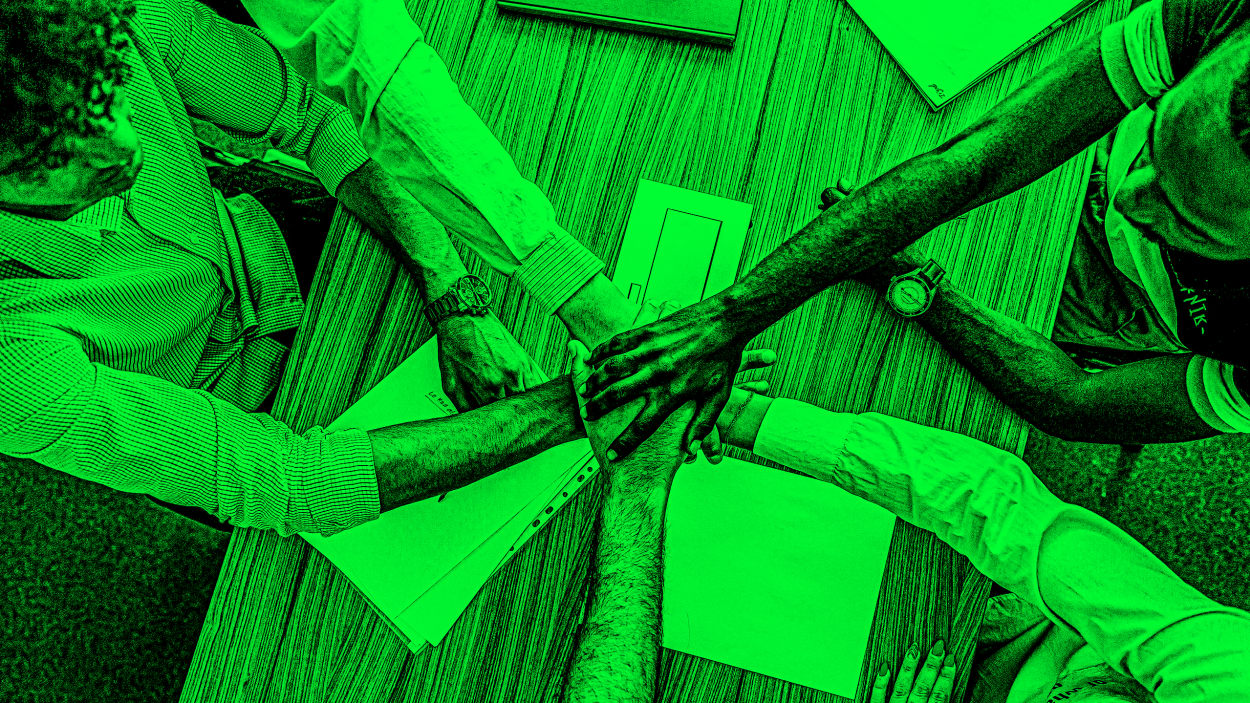Community, Leadership, Experimentation, Diversity, & Education
Pittsburgh Arts, Regional Theatre, New Work, Producing, Copyright, Labor Unions,
New Products, Coping Skills, J-O-Bs...
Theatre industry news, University & School of Drama Announcements, plus occasional course support for
Carnegie Mellon School of Drama Faculty, Staff, Students, and Alumni.
CMU School of Drama
Friday, October 20, 2023
5 workplace skills that AI can't replace
www.fastcompany.com: Recent reports indicate that 35% of Americans are afraid that artificial intelligence will make their work redundant. Indeed, ChatGPT has already replaced some workers. And while the AI boom has undoubtedly brought some benefits to workplace productivity and efficiency, it is perhaps more important than ever to recognize and highlight the value that only humans can bring.
Subscribe to:
Post Comments (Atom)

4 comments:
This is an article by Fast Company which is about how AI can’t replace some key workplace skills. The first thing they argue is a uniquely human trait is creativity, something we see AI’s struggling with all the time. They’re really nothing more than extremely complex autocomplete, but then again, so are we. We’re merely building off our knowledge reserve we’ve saved up over the course of our lives. Also, this totally contradicts their own article in which they claim “Despite [AI’s] constraints and weirdness, it is perfect for idea generation.” Fast Company wants to have it both ways, appealing to whatever reader they can possibly get their ad-serving hands on. I personally think AI could make some aspects of theater much simpler, such as automated spotlights or even basic dramaturgy, freeing up people to delve deeper into things they care about. AI is a powerful tool, and as the hype dies down, people aren’t as cognizant of the incredible ramifications it will have on the working world.
This article is a good reminder that humans have abilities that AI simply does not. With the rise of AI, people are scared of being replaced; however, as mentioned in the article, there have been other technological advances that people have viewed as a threat to their careers. While advancements do cut out some human labor, ultimately human labor is still needed. What is scary about the rise of AI is how insistent companies are on replacing people with AI for the sake of saving money. Even if eventually they will realize that you cannot replace people with AI, in the meantime it is hurting real people by depriving them of jobs. It is disheartening to live in a world where some companies would rather mediocre AI work just because they do not want to pay people.
This was an interesting read, and I notice that each of the points seem quite similar, correlating to the idea that as humans we can think and thus produce creative ideas in a way AI cannot. Since Chat GPT was popularized at least a year ago, there have been ongoing discussions on AI and the pros/cons it has to society. The idea of a computer generating content that humans could is new and can cause quite understandable worry, and as a society we need to figure out the right boundaries and methods to be able to see AI as a tool, and recognize the fact that humans are still vital and necessary in each line of work. AI builds off of pre-created ideas, and so nothing it creates is unique, not to mention what it does create is based off of human-generated prompts. And until AI is developed to be a fully thinking being (hopefully this never comes to pass - science fiction has warned us) it can never replace the need for human thought and human creativity – in both the arts and in every other field.
Human touch is one of those things that nothing can truly replicate. Although AI is amazingly impressive in mimicking the skills of a human, people seek out realness. As someone going into the arts I think this is especially relevant. Art is something AI cannot replicate, modern art is not my favorite and maybe could be seen as something AI can easily replace however, I think the art world will have a revolution, in a way, acting against this rise of AI. A paintbrush stroke and true art skills will not be overrun by technology. Art is something learned and interpreted, it is a personal experience. If people keep learning and practicing art this will not happen. If people become uninspired there may be no hope. Going to Carnegie Mellon I see how many people are not interested in art, however there are still many people very dedicated. These people will be the future of art and hopefully will not let AI technologies become more prevalent in the art world.
Post a Comment